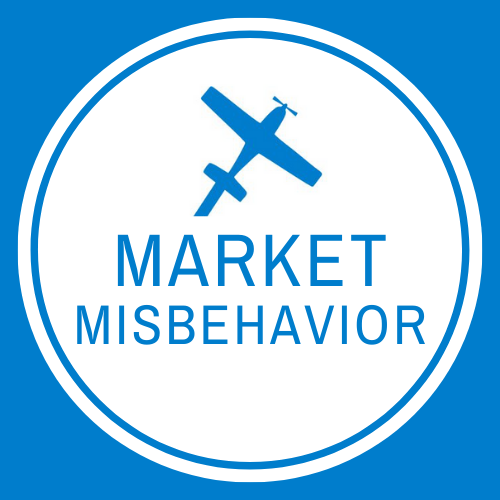Slowly but surely I’m chipping away at the library of books I’ve assembled over the years. I’ve often found that the best investors are insatiable readers. And they’re not reading just anything, they’re reading long-form content that will help challenge their thinking and expand their horizons.
My biggest challenge does not seem to be acquiring books. Nor is it starting a book as probably 1/3 of my books have bookmarks in them. My biggest challenge (as with most things in my life!) is completing them. For me, it’s all about making the time to read, and more importantly, making it a priority over other distractions like social media.
Why is reading so important?
I’ve written before on how great investors are great readers, and I love Shane Parrish’s comment that reading is a conversation between you and the author. Others have called this “active reading”, and especially with non-fiction books it certainly makes for a more fulfilling pursuit.
Last month, I discussed three books for healthy habits in 2019. This month, my reading has taken me literally all over the place, from a legendary investor’s take on cycles, to igniting our children’s creativity, to a science fiction series that literally spans the entire universe.
Charlie Munger always spoke of the value of the multidisciplinary approach, which is the importance for investors to learn about many different disciplines and apply that knowledge to the investment process. A well-rounded investor tries to broaden her horizons across the board.
Put simply, a well-rounded investor reads a lot to learn a lot about a lot.
With that in mind, here are four books I’ve finished in recent weeks.
Mastering the Market Cycle, Howard Marks
I’ve enjoyed reading his investor letters for years, so when I saw that Howard Marks was writing a new book, I snapped it up on preorder. He spends most of the book discussing the cyclical nature of the financial markets, based primarily on the natural cycles of human behavior. He never once mentioned technical analysis, although I would argue that it’s a natural extension of his approach and even provides the best practical toolkit for understanding cycles. Very quotable. Strongly recommend.
Mr. Ruhlman is passionate about food and where it comes from, and also passionate about his home town of Cleveland. He spent tons of time with the Heinen’s brothers to learn how supermarkets have evolved and where this essentially American enterprise is headed in the future. This book pairs very well with Eat to Live by Joel Fuhrman and The Omnivore’s Dilemma by Michael Pollan.
“Put simply, a well-rounded investor reads a lot to learn a lot about a lot.”
Dr. Ken Robinson’s presentation, “Do Schools Kill Creativity,” is one of the most widely viewed TED talks of all time. For very good reason. Watch that video first, then read this book for additional data and insights around his argument against traditional educational structures and for encouraging creativity. If you have kids, or you know some kids, or you were once a kid, you should read this.
Foundation and Earth, Isaac Asimov
OK, on any book list I produce, there will most likely be a guilty pleasure science fiction read. Granted, research shows that reading fiction actually enriches your life! The Foundation Series is one of the most famous sci-fi series ever, and it has a scope like nothing I’ve ever read before. I read the first Foundation novel years ago, and every couple years I pick up the next one.
This particular volume deals with a planet called “Eden,” where people have evolved to communicate telepathically and have lost their independence. Great parallels to a dystopian future through social media.
Interview Connections, Jessica Rhodes
I’ve started speaking on podcasts about behavioral finance and technical analysis, so I thought I’d get serious about having the right equipment and learning ways to improve my interview game. In related news, the Market Misbehavior Podcast is coming soon!
I’m committed to reading more timeless content this year. Sharing my reads with you is one way to keep myself honest. What are you reading these days? Tell me on Twitter.
RR#6,
Dave
Disclaimer: This blog is for educational purposes only and should not be construed as financial advice. Please see the Disclaimer page for full details.

